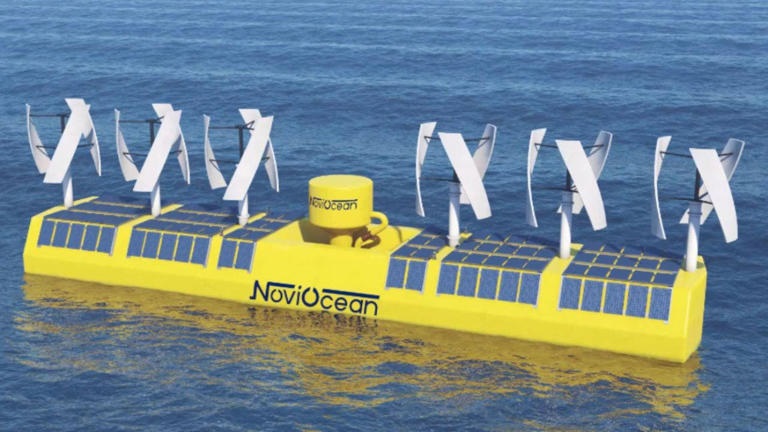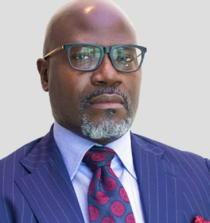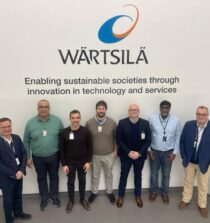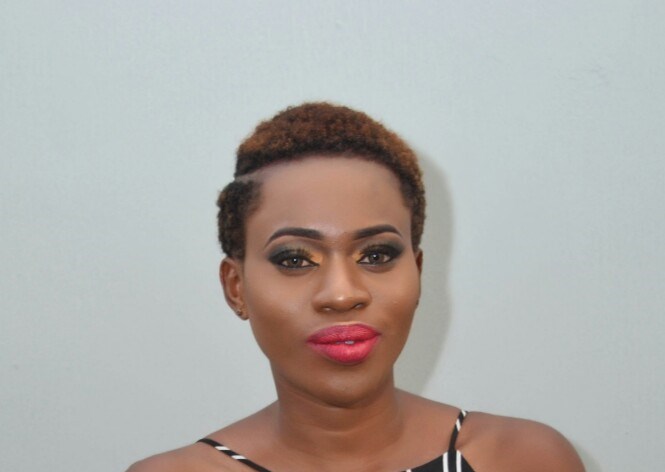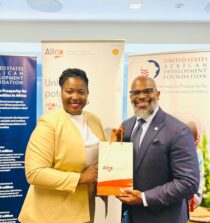Yetunde Fadeyi is the founder, Renewable Energy and Environmental Sustainability (REES) Africa. A graduate of the University of Ibadan and entrepreneur. In this interview with Oke Peter, she bares her mind on the activities of her organisation. Excerpts
Can you briefly introduce yourself and explain the idea behind REES Africa?
My name is Yetunde Fadeyi, I am the founder of Renewable Energy and Environmental Sustainability (REES) Africa. I attended the University of Ibadan, Oyo State. After many years of research and my utmost desire to affect lives of millions positively, REES Africa was established to propagate acceptance of clean energy, combating energy poverty and climate change as well as redefining actions and habits that promote sustainability, beginning from my immediate community.
REES Africa is a social enterprise. Our activities are dedicated to sensitizing people and redefining Africa’s lifestyle using the tool — energy with highest consideration for the environment. I have discovered that greater percentage of barriers that prevent sustainable developments in Africa depend on energy access and lack of proper environmental management. However, the resultant effect of our vulnerable living threatens our survival, security and economy. Our habits and actions define our existence and these factors are not threats but reality. The way we harness energy and our energy demands being one of the reasons that necessitate a sustainable solution hence renewable energy. Energy poverty is a problem that must be tackled.
Also, energy, especially provision of electricity by the government has been a luxury for Nigerians since time immemorial. I grew up burning candles and switching on a small ‘I better pass my neighbour’ generator. At times, there would be no fuel to power hence no electricity. Nigeria’s power system has always been unreliable and it has harmfully affected our economic growth. This situation has resulted in deaths, unemployment and high crime rate. Despite the abundance of fossil fuels, Nigeria still wallows in energy poverty and critical unaddressed environmental issues. The dependence of Nigeria’s energy sector on fossil fuels had caused several disasters across the nation. Energy access in Africa is a priority, given the strict inter-relation between energy, economic growth, environment and sustainability.
For example, during my mandatory National Youth Service Corps (NYSC) in Akwa Ibom State, I saw local spend their lives in sickness and penury as a result of gas flaring and oil spillage preventing them from fishing which is their major occupation hence poverty. These tragedies have been reoccurring at the expense of the way we harness energy for conventional use and it has to stop. Also, some months ago, many highbrow areas of Lagos experienced massive flooding due to drainage obstruction. One of the very prominent contributing factor were nonchalant disposal of waste especially plastic bottles and disposable packaging. Is this the kind of life we want to continue living? A life where our actions and habits ultimately hunt us down? A lifestyle that threatens our environment and we end up being endangered. Inasmuch as energy utilization is part of our daily life, we should find responsible ways to inculcate habits that ultimately benefits the environment. Our lifestyle as regarding energy use and provision in relation to the environment is the problem and this is a problem that REES Africa has come to tackle.
Why are you into renewable energy and how are you providing clean and affordable energy to the consumers?
REES Africa is on a mission to fight climate change and eradicate energy poverty through advocacy and social enterprise. Renewable energy solution is the only way to providing energy access without endangering the planet. Also, our health and economy are important and renewable energy offers this. We cannot end energy poverty with the use of destructive fossil fuel which will only plunder the earth into more destruction. However, the sources of renewable energy are inexhaustible with stable energy prices and LCOE will provide more jobs opportunities, economic growth, reliability and development of our continent. We cannot just focus on supplying renewable energy, we also ensure that individuals understand and act to protecting the environment.
Also, renewable energy is the foundation of independence and there are currently thousands of communities across Africa who had never experienced electricity before. This keeps Africans bound to dangerous and obsolete sources of lightning.
Take for example, in Lagelu Local Government Area of Oyo State; there are over 50 communities out of 1076 communities that have never experienced electricity since foundation, while others settle for some hours of fossil fuel electricity per week. The International Energy Agency reported that energy poverty is concentrated in the rural areas and for now, we are focusing on them under one of our initiatives known as REES LIGHTS AFRICA.
For this target audience, we do both market and community research to determine their challenges and we draft out solutions from there. For example three communities in the local government got electricity for the first time via solar installations which is very affordable compared to other expensive methods of lightning. Interestingly, these installations are off grid, meaning consumers do not have to bother about transformer and other related issues.
What are the challenges confronting your organization?
Funding is our major challenge. If we have access to funds to reach out to more people alleviating energy poverty and in turn promoting environmental sustainability. This will go a long way in helping our activities.
You once said your aim is to provide 24-hour sustainable off grid electricity for all Africans and redefine environmental practices. How realistic is this?
We are determined and realistic. How we deal with our environment is a choice. Now these choices are implemented via actions which eventually form habits depicting our lifestyle — that we are. As Africans, Nigerians especially, we have appalling environmental habits which is negatively affecting us. REES AFRICA through advocacy will not stop until our people are sensitised about the effects of our actions. We also have REES Education that it is in charge of educating our people.
Also, one of our aims is to eradicate energy poverty by providing 24-hour off grid sustainable electricity for all Africans. This is realistic. We have some plans in the pipeline on a major scale concerning this which we would like to share much later.
How do you get funding for your projects. Can you mention some of the projects you have executed in Nigeria?
Basically, social media crowd funding has really help our latest major project — Light up Lagelu. Every other project has been executed with the meagre money that we have and support of some people.
Renewable energy seems to be expensive. What is your organization doing to make it affordable, especially to the rural dwellers?
Like I said earlier, we do a market research as well as community research to come up with the best plan that suit consumers at the rural communities.
In what area do you think the government can assist your organization?
What we want from government is strategic partnerships and provision of support funds. It would be really elevating if the Nigerian government can as well claim The Green Bonds to finance what we do for sustainable development.
In the next five years, what are the REES Africa’s projections?
God willing by the Year 2023, our projections is based on energy access and environmental sustainability in Nigeria. By then we should have been able to illuminate rural communities across 774 local governments in Nigeria through social enterprise and redefine lifestyle of Nigerians through advocacy and strategic partnerships.

